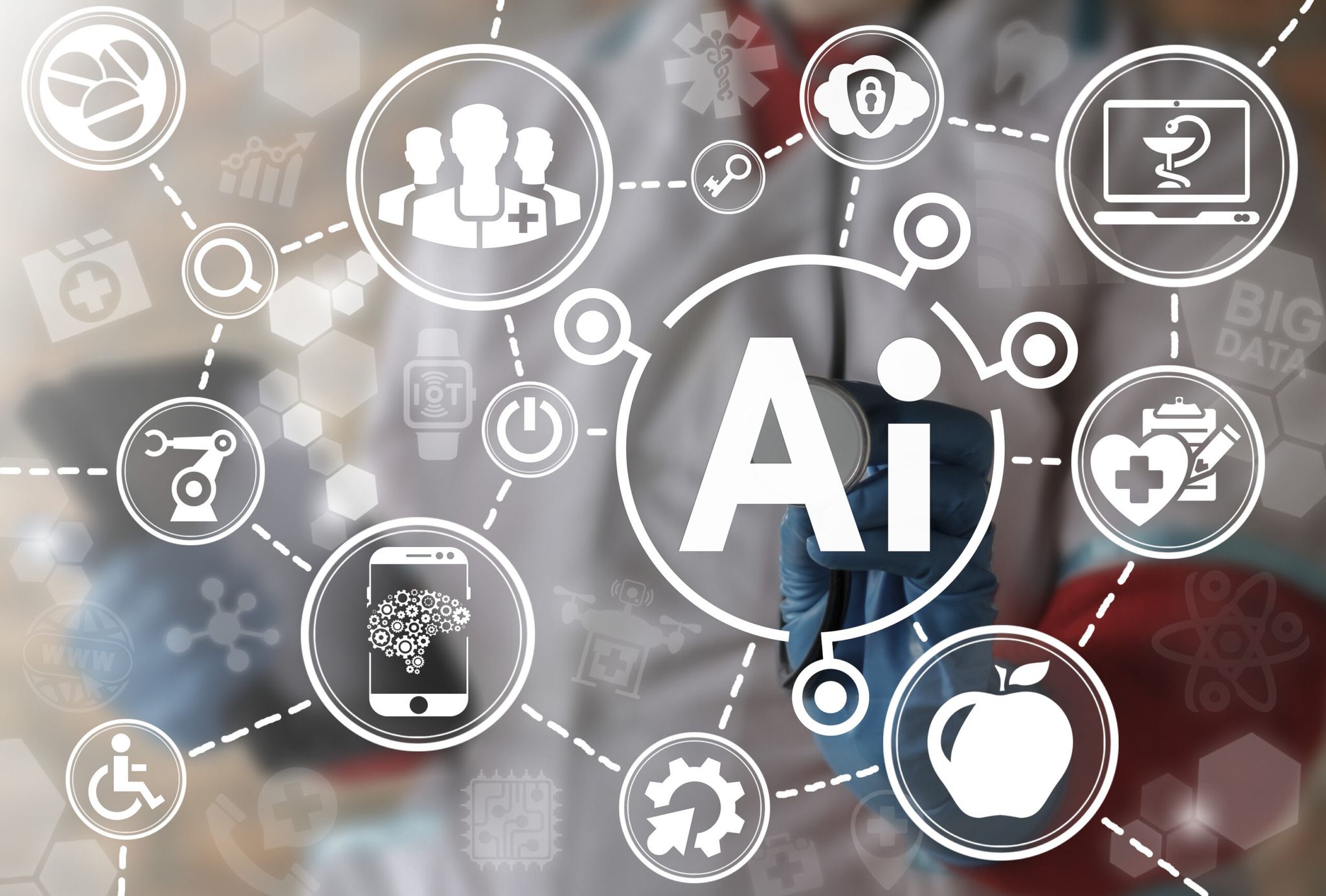Will Artificial Intelligence and Machine Learning Change the CMS Landscape?

It can be both timely and somewhat alarming to realize that the technologies once refined to science fiction are now having a very real impact on our world.
It shows just how much technology has evolved and causes some people to step back and consider their age. Though artificial intelligence and machine learning have been around in some variety for years, they’re seeing more serious development today than ever before.
The notion of “smart” machines and “cognitive” programs is alarming for some, but others see potential in this trend. For content management systems, where personalization and adaptability are key, AI could be a driving force in the future.
How the CMS Model Has Changed Overtime
AI isn’t the only technology that has seen big changes in recent history – every CMS developer on the market knows that their own systems are being pressured to adapt and keep up with an ever-growing technological landscape.
CMS software has largely been looked at with a marketing mentality in the past, especially by developers. The idea of putting out a better software package than your competitor used to be the only major concern to be had. Now, with content spread across various devices, platforms, and interfaces, adaptability is the new must-have characteristic for any successful CMS.
Content management can now mean a number of different things. The phrase has morphed into an umbrella term, which can refer to any given number of types of content management along the cloud, on a company website, and even within the hard drives of in-house systems.
People Value Personalization, and AI Can Deliver
The idea behind a CMS is convenience. People like being able to keep track of and monitor their content no matter what device, OS, or system they’re using.
AI is about helping programs and devices learn to make decisions – to think, and to reason, based on information inputted into them. This means if a CMS uses AI technology, it could theoretically adapt to the use patterns of its controllers.
If a company has taken to streamlining all their content to a website via WordPress, for example, a CMS could theoretically offer that as an option every time, or at the very least keep the users’ settings on hand and set things up for them beforehand.
A CMS excels when it is able to meet the needs of users, and what better way of doing that then tailoring the system to user preferences?